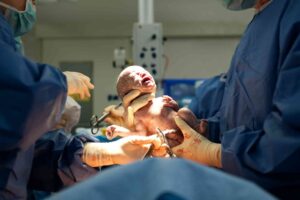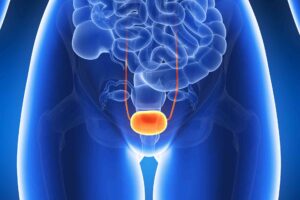Gynecology
Gynecology
The findings of a new study reveal a microbe-immune axis that is disrupted in pregnant animals, suggesting potential therapeutic approaches for pregnancy-associated sepsis.
Gynecology, Pediatrics
The findings of a new study support the ‘sterile womb’ hypothesis and may help scientists avoid pitfalls of contamination in the analysis of samples where microbes are expected to be…
Gynecology
The findings of a new study suggest that biomarkers such as the gut microbiota composition may help develop diagnostics and therapeutic approaches for gestational diabetes.
Gynecology, Oncology
The findings of a recent study tie the gut microbiota to immune surveillance of ovarian cancer and may inform new treatment approaches.
Gynecology
The findings of a new research suggest that obesity-induced changes in the vaginal microbiota can affect the immune responses against viral infection.
Gynecology, Infectiology
New research indicates that recurrent urinary tract infections and estrogen can shape the urogenital microbiota in ways that may protect against recurrent infections.
Gynecology
If maternal-child microbial seeding improves health outcomes, it may be a public health strategy that could reduce the prevalence of C-section-associated diseases.
Gynecology, Infectiology
Recurrent UTIs are in part caused by alterations of the gut microbiota and different immune response to bacterial bladder colonization.
Gynecology
Harnessing the human-microbial synergy during pregnancy in the form of probiotics has been shown to impact maternal health and the health of the developing fetus.
Gastroenterology, Gynecology
Autistic people who experience inflammatory problems may have been exposed to inflammation in the maternal womb. A new study published in Immunity claims.











